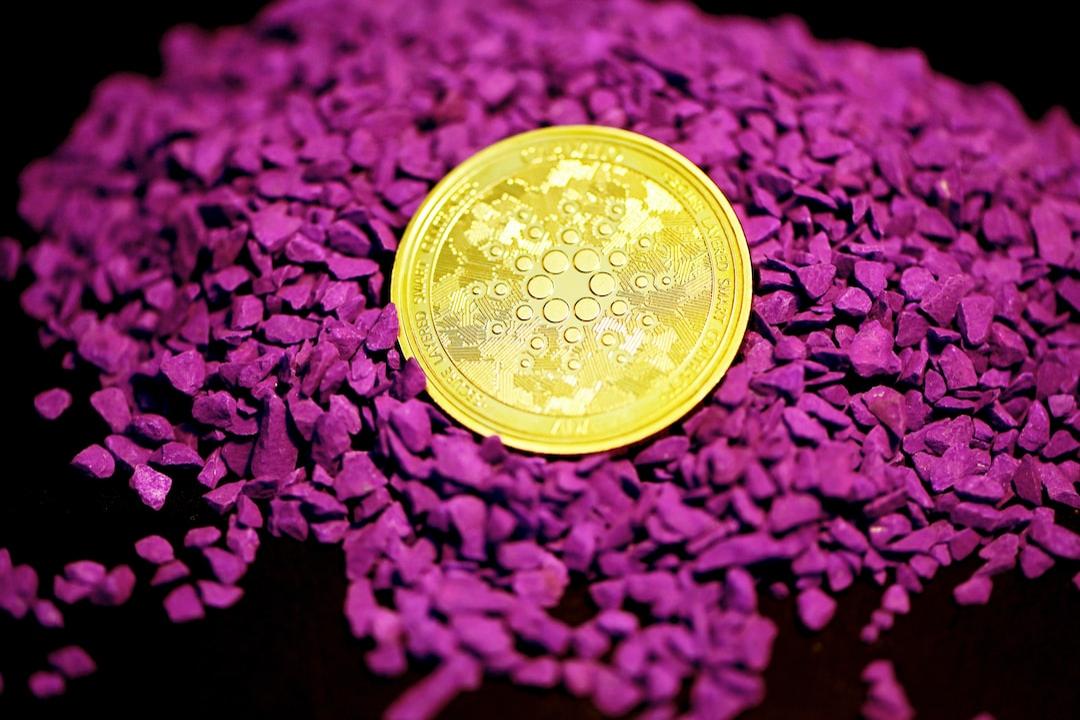Manifest, an AI-Powered Tool for Gen Z’s Emotional Healing, Attracts Investment from a16z
The intensification of loneliness is real, and the ability of AI to fill that void is also real. Increasingly, startups are using AI to tap into the loneliness economy, and Manifest is one of them. Manifest has drawn the attention of several venture capital firms, including a16z Speedrun and Florida Funders, raising $3.4 million in seed funding (approximately 110 million New Taiwan dollars) and attracting over 16 million uses.
While AI services aimed at alleviating loneliness may seem similar, Manifest has received endorsements from well-known venture capitalists. What makes them unique?
Targeting Gen Z! Real-Time Interaction Fulfilling Emotional Needs
“If Gen Z is addicted to mobile phones, then healthcare should also be on mobile phones,” explains Manifest founder Amy Wu. According to a report by the McKinsey Health Institute, when Gen Z encounters mental health problems, they typically do not seek help from regular mental health clinics but turn to social media or various digital tools for emotional advice. This reflects that once AI tools can respond in real-time, they can quickly win over Gen Z and become their digital mental guide.
Manifest’s founding philosophy stems from Amy Wu’s personal experience. She admits that whether it was getting admitted to Stanford’s Management Science and Engineering program or landing an internship in Silicon Valley, these seemingly glorious journeys were not as smooth as they appeared. For example, dealing with a first breakup, facing a fallout with friends, and encountering stressful companies all posed emotional challenges, causing her to continually suffer from anxiety and self-doubt.
Observing her peers, Amy Wu realized that her contemporaries also felt lost and helpless when faced with significant events. Even though physical mental clinics existed, they lacked immediacy and were hard to apply casually. Therefore, Amy Wu decided to incorporate AI technology into mental health applications, creating a convenient, pocket-sized “emotional toolbox.”
Grounded in CBT: Gamified Guidance Encouraging Positive Thinking
Current popular mental health apps tend to have singular functions and focus. For instance, Happify provides 5-10 minute specific tasks, such as meditation tasks, created by psychologists and scientists to help users attain calmness and happiness. BetterHelp, a conversation-oriented app, matches users with counseling therapists after a brief conversation.
Manifest’s AI technology is based on the principles of Cognitive Behavioral Therapy (CBT), focusing on changing negative thought patterns to help users manage their emotions. For example, if a user does not win a drawing competition, they may feel inferior or self-deprecating. However, Manifest’s AI reminds users to consider the experience gained from the competition or the commendable aspects of their work, rather than solely focusing on the prize.
Manifest uses gamification in its design, offering modules like “healing from a breakup” and “overcoming fear” for emotional management.
In the “overcoming fear” module, users can describe their fears in speech or text after choosing a challenge. The AI then analyzes the fear and provides empathy, encouraging users to confront their fears together. Apart from psychological discomfort, Manifest also checks if users experience physical symptoms like stiffness or pain and invites users to consider the purpose of their fears. At the end of the module, the app creates a personalized overcoming fear post-it note, summarizing solutions and positive encouragement.

Manifest’s “overcoming fear” module supports users with AI empathy. After users describe their fears, AI analyzes their psychological and physical reactions and produces a personalized post-it note, providing positive encouragement and solutions.
Image /
Manifest app
“I have depression, and it brings me great comfort when I feel lonely,” shares user sbollito. They had tried many similar apps before downloading Manifest with low expectations but found that they could express their feelings freely as the AI, grounded in CBT, always listens and provides emotional support.
Anonymous user twitchywitchygirll also shares that they frequently feel anxious and need to play Manifest’s modules five times a day. They find that breaking down their emotions alleviates surges of anxiety, and the positive encouragement at the end of the modules soothes them.

Manifest’s AI technology is based on the principles of Cognitive Behavioral Therapy (CBT), focusing on adjusting negative thinking patterns to help users effectively manage their emotions.
Image /
Manifest app
Manifest utilizes AI’s learning and optimization mechanisms. As the number of user interactions increases, the AI gradually learns and understands users’ emotional patterns, optimizing responses, and providing an outlet for each user to vent their emotions.
Investment Inflow! Professional Matching Services Planned
Manifest launched this summer and has so far amassed up to 15.8 million interactions on the app. Based on this demand, Manifest successfully attracted the attention of several venture capital firms, including a16z Speedrun and Florida Funders, raising $3.4 million in seed funding (approximately 110 million New Taiwan dollars).
“We do not expect one app to solve all emotional problems, but we hope to help users understand and digest their emotions gradually through guided interactions,” explains Amy Wu. She also reveals that Manifest plans to implement three major initiatives in the future: “Inspire Optimal State,” providing customized rewards to encourage users to continuously manage their emotions; “Emotional Insights,” allowing AI to analyze users’ emotions further and provide recommendations tailored to their needs; and “Build Dream Team,” helping users match with professional counseling therapists instead of solely relying on AI.
References:
TechCrunch, PR Newswire, Yahoo Finance, Manifest, CNBC

